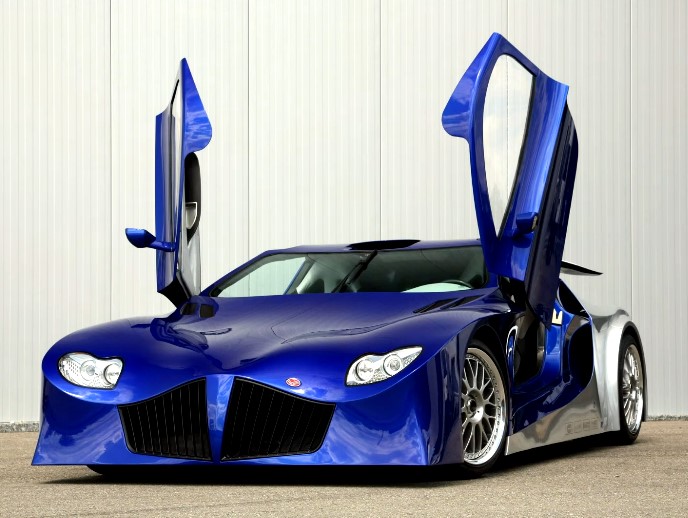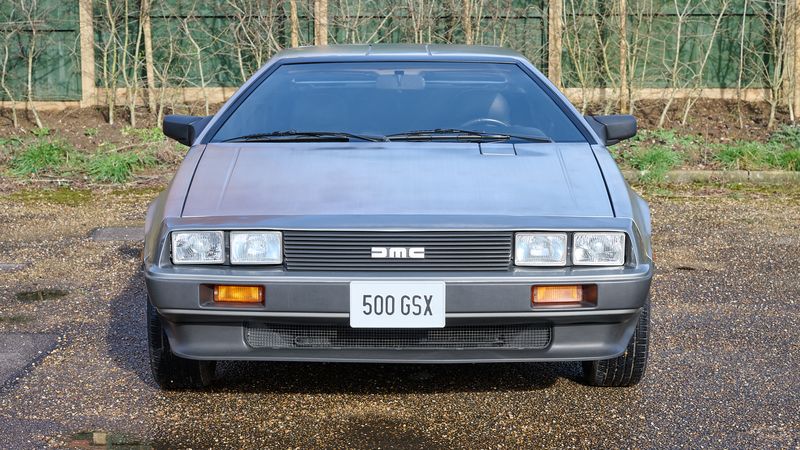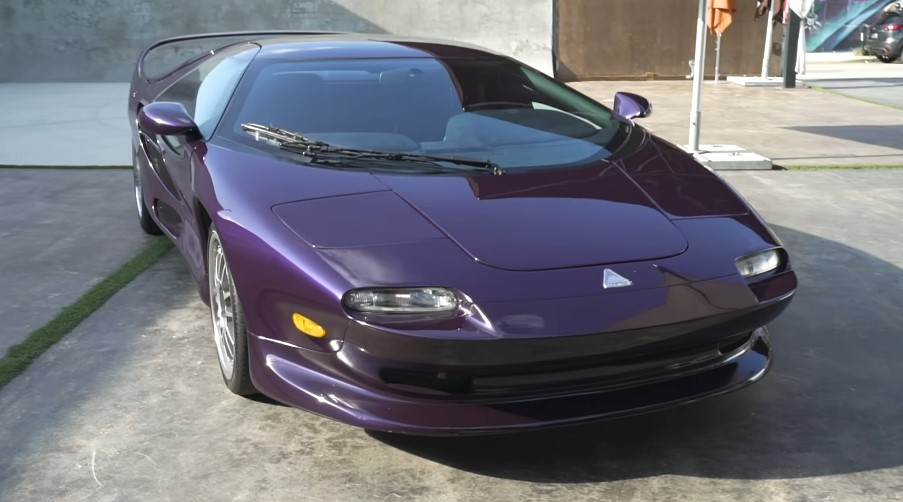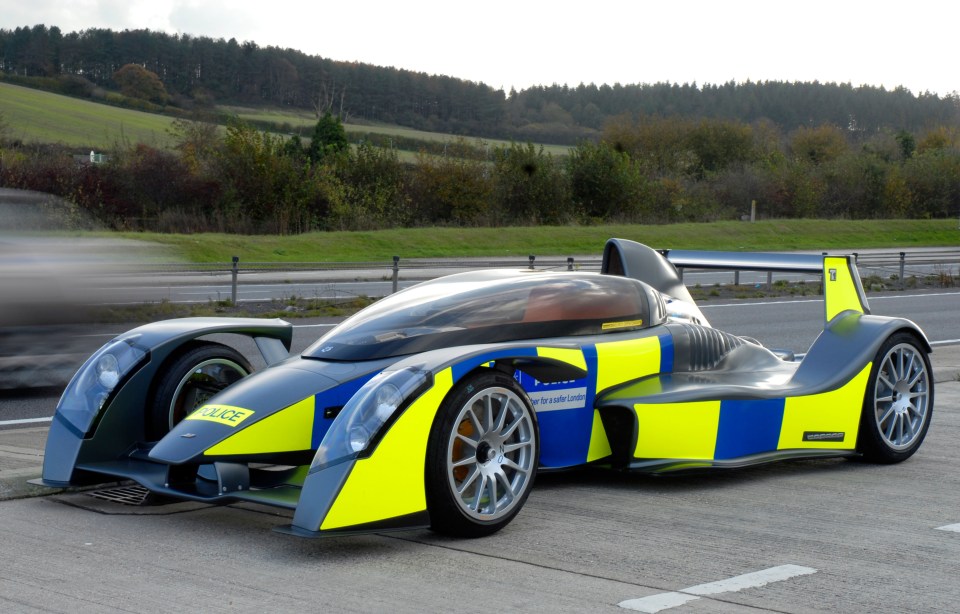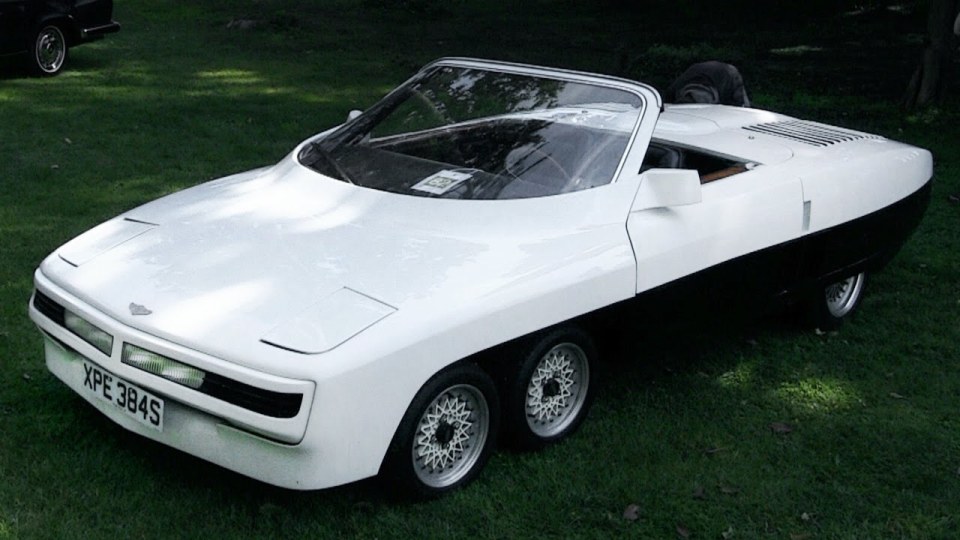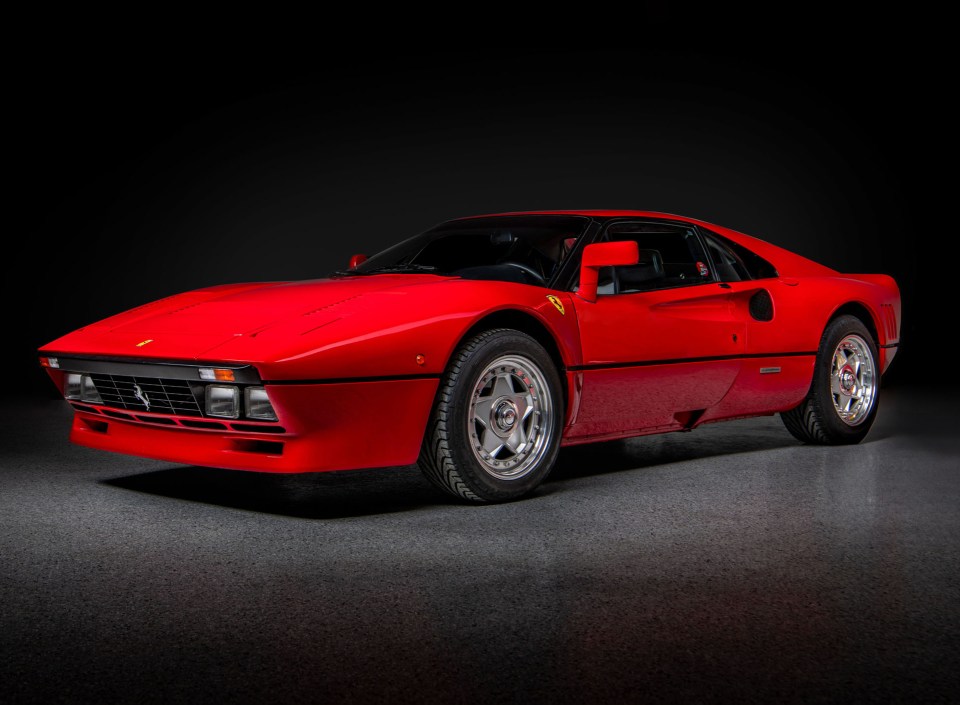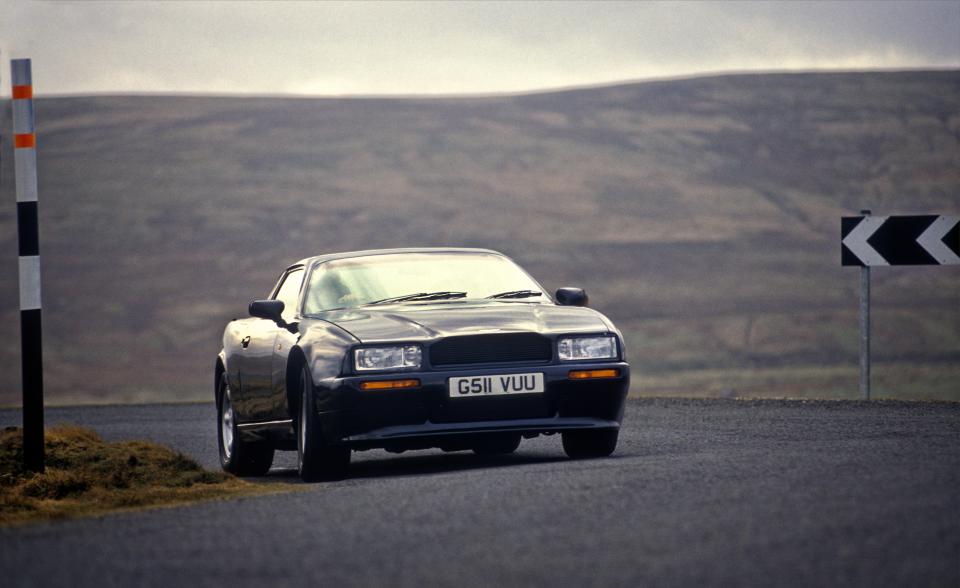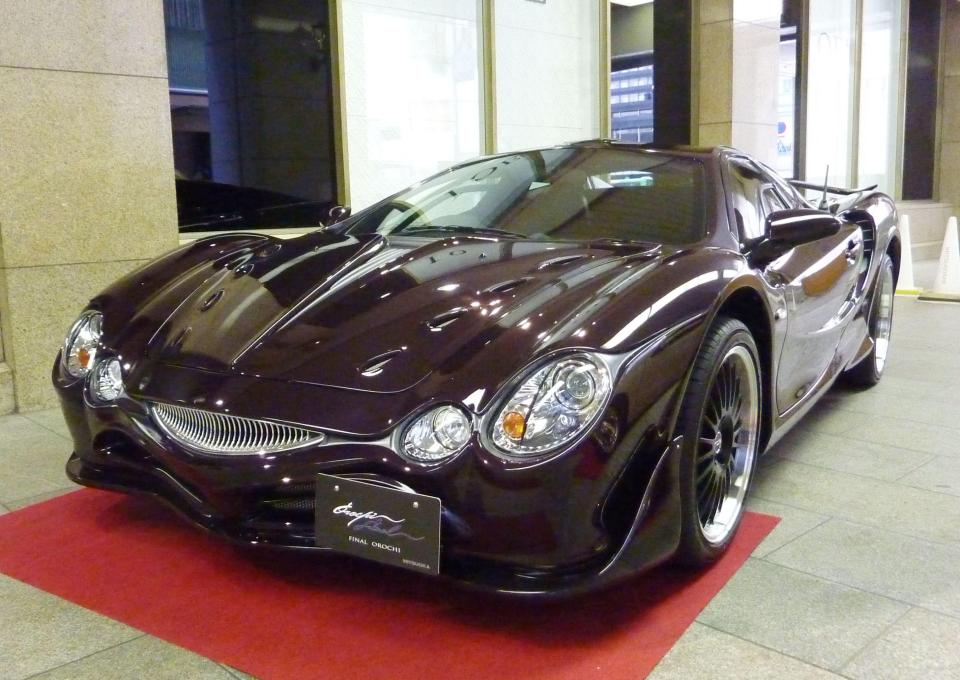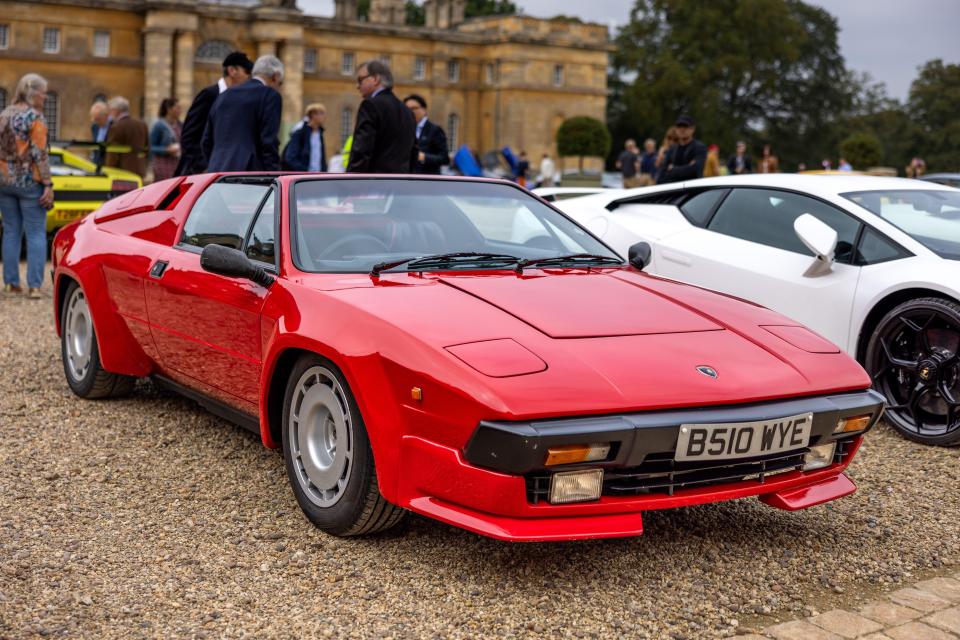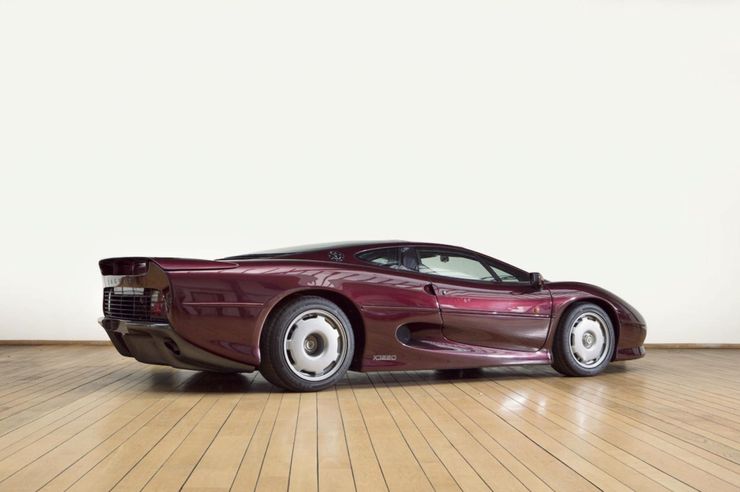THE WORST supercars ever built has been revealed and an infamous six-wheel motor inspired by an F1 race car made the list.
Several of the cars on the list had been built with the intention of smashing motoring records, but failed to make an impact because of poor design.
Experts at Top Gear looked over motoring’s long history to determine which supercars are the worst to ever hit the roads.
Weber Faster One (2008)
The first car on the top 10 worst supercar list is the Weber Faster One.
This controversial motor has a bizarre, jagged design but can reach top speeds of 260mph.
However, the vehicle – which has a 900bhp engine and was produced in 2008 – never hit the roads and remained in the prototype phase.
DeLorean DMC-12 (1981)
The DeLorean DMC-12 was a very slow vehicle, making the supercar an unpopular choice for drivers.
Unlike the DeLorean in the Back to the Future movies, this car only had a 130bhp engine.
That meant the sluggish car took a full 10 seconds to crack 60mph.
Vector M12 (1995)
The Vector M12 was once slammed as “the worst car in the entire world”.
It has a garish design and the body resembles a redesigned Diablo.
The 1995 motor failed to be the hit its manufacturers had hoped for and remains one of the most decried car models to hit the roads.
Caparo T1 (2007)
The Caparo T1 was inspired by the famous F1 racecars and came with in-board shocks, adjustable anti-roll bars and a double wishbone in the front and rear.
However, the vehicle dubbed the “F1 Car for the road” quickly became controversial.
Despite being able to reach 100mph in five seconds, the Caparo T1 became more well-known for bursting into flames.
In 2007, Vicki Butler-Henderson claimed that the fires were caused a “faulty oil sealing component” – and issue later fixed by Caparo.
However, the car remained unpopular following the company’s collapse.
Panther 6 (1997)
The Panther 6 was first assembled in 1977 and was inspired by the Tyrrell P34.
However, its inspiration – the Tyrell car – had been slammed by Jody Schekter as being a “piece of junk”.
Although the Panther could reach top speeds of 200mph, the car with the 8.2 litre twin-turbo V8 failed to become a success.
Ferrari 400 (1976)
The Ferrari 400 4.8 litre 12-cylinder engine, which is positioned towards the front of the driver.
As a result, heat sweeps into the cabin from the engine and the air-condition isn’t powerful enough to cool down the car.
Its gearstick is notoriously difficult to move and the steering wheel’s slippery texture makes the car an unwieldy drive.
Aston Martin Virage (1989)
The Aston Martin Virage struggled because it was released in the late 1980s, when car sales had declined substantially.
Although it was designed years earlier in the decade, drivers disliked the car when it finally arrived.
The car’s eyewatering £120,000 cost prevented many from buying an Aston Martin Virage, which had few standout features.
Mitsuoka Orochi (2005)
The Mitsuoka Orochi hit the roads to a huge amount of fanfare, boasting a huge 230bhp engine.
However, comparisons to the Honda NSX hampered its sales.
Motor experts felt the car wasn’t as fast or as attractive as the motor which inspired it.
Lamborghini Jalpa (1981)
The Lamborghini Jalpa was produced by its Italian manufacturer from 1981 until 1988.
The car was described as the affordable version to the Countach, but motorists simply chose the original car.
Costing over $90,000 dollars (£66,558), the vehicle didn’t have enough standout features to appeal to drivers.
Jaguar XJ220 (1992)
The Jaguar XJ220 became well known for its lightning-fast speeds.
Capable of reaching an incredible 217mph, the two-seater was produced from 1992 until 1994.
However, like the Aston Martin Virage, the brutal economy of the early 1990s made it difficult for motorists to afford the vehicle.
Eventually, production ceased after the retail price soared to a staggering £470,000.

